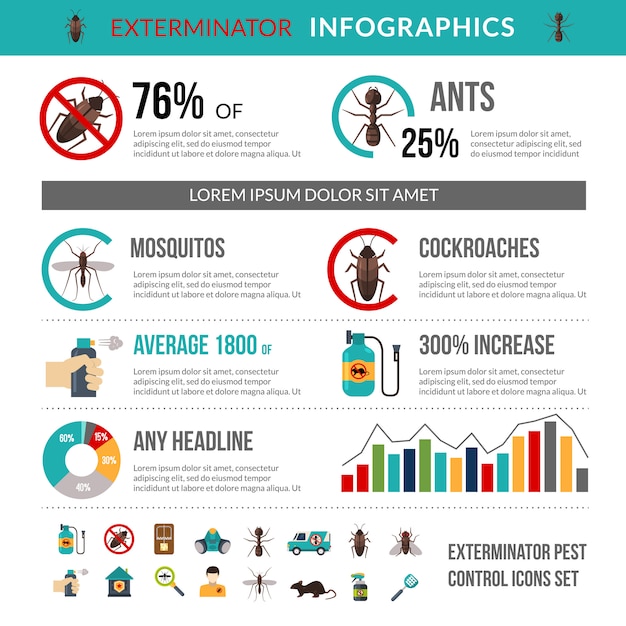Find Out The Secrets Of Rat Behavior And Take Control Of Your Area. Discover Reliable Strategies To Maintain These Pesky Animals At Bay
Find Out The Secrets Of Rat Behavior And Take Control Of Your Area. Discover Reliable Strategies To Maintain These Pesky Animals At Bay
Blog Article
Web Content Author-Cheng Lange
Have you ever asked yourself why rats seem to be so evasive and challenging to regulate? Understanding the actions of rats is key to effectively handling their populations.
By obtaining understanding into their communication patterns, feeding routines, and nesting and breeding behavior, you can create strategies that will certainly help you keep these pesky rodents away.
So, let' termite exterminator cost out the fascinating world of rat actions and uncover exactly how this knowledge can empower you in the fight versus these undesirable residence visitors.
Interaction Patterns
To understand rat actions, it's important to examine their communication patterns. Rats are highly social animals and depend on communication to make it through and thrive in their atmosphere. They use numerous forms of interaction to convey info to various other rats in their group.
One vital facet of rat interaction is their articulations. Rats create a wide variety of sounds, including squeaks, chirps, and babbling, which offer various purposes. These articulations can share anxiety, hostility, or even satisfaction.
In https://how-to-remove-orcus-rat28395.targetblogs.com/24926647/unveiling-the-techniques-employed-by-parasite-control-specialists-beyond-making-use-of-sprays to vocalizations, rats additionally connect via body language. They utilize their tails, ears, and poses to communicate messages to other rats. For example, an upright and puffed-up pose might show dominance, while a squashed position might indicate entry.
Feeding Behaviors
Rats' interaction patterns supply understanding right into their feeding practices. Recognizing how rats feed can help us better regulate their populations. Below are 5 bottom lines regarding their feeding habits:
- ** Omnivorous diet: ** Rats are opportunistic eaters and will certainly take in virtually anything they stumble upon. From grains and fruits to meat and even rubbish, their diet is unbelievably diverse.
- ** Hoarding behavior: ** Rats have a natural instinct to hoard food. They'll collect and store excess food in concealed spots for later intake, making it challenging to locate and eliminate their food resources.
- ** Nighttime feeding: ** Rats are mostly nighttime creatures, implying they're most active during the evening. They prefer to feed under the cover of darkness when they really feel much safer and much less most likely to encounter predators.
- ** Water dependency: ** Rats require a continuous resource of water to endure. They'll typically look for water sources near their feeding locations, such as leaking pipelines or open containers, to satisfy their hydration needs.
- ** Feeding on habits: ** Rats are extremely knowledgeable scavengers, which allows them to grow in urban atmospheres. They'll search for food in waste bins, dumpsters, and other locations where human waste is present.
Nesting and Reproduction Habits
Nesting and breeding habits in rats includes the production of elaborate burrows and the establishment of hierarchical social structures.
Rats are understood for their capacity to dig complex systems of passages, which work as their nests. These burrows provide shelter, protection, and a refuge for breeding. The nesting behavior of rats is driven by their reaction to locate a protected and comfortable space for increasing their young.
Within these burrows, rats establish a hierarchical social structure, with dominant individuals occupying higher placements. This hierarchy identifies accessibility to sources such as food and friends.
Breeding actions in rats is characterized by territoriality, with men competing for the possibility to mate with ladies.
Comprehending the nesting and breeding behavior of rats is critical for effective rat control methods.
best ant bed killer , currently you have a much better understanding of the complex world of rat behavior. These smart creatures have one-of-a-kind communication patterns and display fascinating feeding habits.
Their nesting and breeding behavior, while respected, can be a delicate subject. By obtaining understanding right into their behavior, we can come close to rat control with more compassion and efficiency.
Remember, addressing the presence of these clever rats calls for a nuanced method that values their natural impulses.
